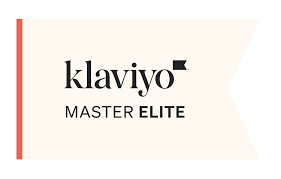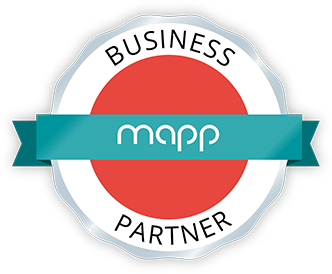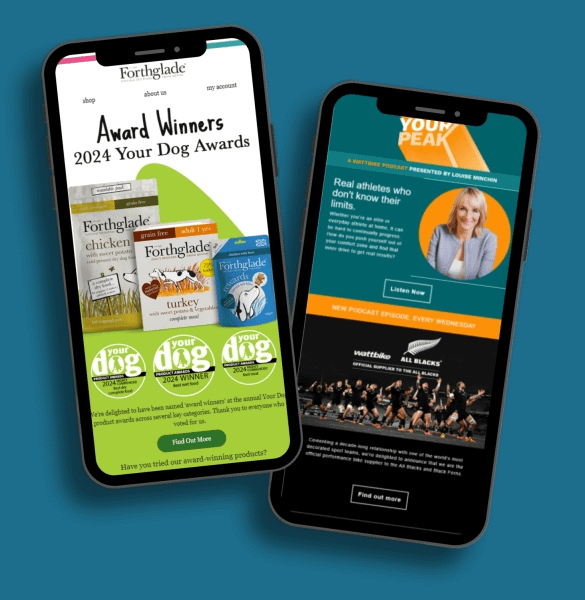An introduction to eCommerce retention
Over the last few years all businesses have seen acquisition costs rise due to increased competition, when the going is good, these costs can be masked by rising sales figures but all too often the forgotten child is retention.
Retained customers are the lifeblood of every business and frequently business pay via paid media activity to reacquire the same customers time and time again, leading to increases in CPA and reducing profitability of individual clients.
What does good look like?
If we look at GA3 (for the purpose of this article lets ignore the elephant in the room that is GA4), for us as a leading email marketing agency for a typical fashion or beauty D2C brand we would be looking for email to driving 20-25% of last click revenue, more than this, and we’d be expecting brands to increase spend to bring more individuals in at the top of funnel, and less and we’d be looking to optimise the retention activity.
This approach to trends does have an obvious gap though, if your brand has a subscription element (or you are a subscription business) this can change the reporting, as an individual who buys a subscription from email will move from email as the last click channel (first order) to direct on all subsequent subscription orders.
Although this looks bad for the email marketing channel in isolation, for the business overall this is a positive, as long as a brand adapts its email marketing strategy to incorporate subscription within it.
What are the KPIs to monitor?
So, what are the key Google GA3 Email KPIs to check:
- That email (source_medium = email) is delivering 20-25% of last click revenue
- Within this, that automated emails (flows) are approx. 1-5% of the total emails sent but 25-30% of the GA3 last click email revenue (PS. A good way to do this in Klaviyo is to update the UTM tracking and then use a standard naming convention for campaign and flow emails)
How do PAASE use UTM tracking with Klaviyo clients?
For reference PAASE, setup Klaviyo UTM tracking as follows:
Campaigns:
- utm_source = email_campaign
- utm_medium = email
- utm_campaign = yyyyddmm_campaignname_segmentname
Automation/flows:
- utm_source = email_flow
- utm_medium = email
- utm_campaign = TS_flowname_emailnumber
Customers at the centre of your strategy
Moving back to the original question of how do we balance acquisition and retention. The biggest change brands can make is to put the customer at the centre of everything they do, and align strategies across deployment channels.
If we look at acquisition channels driving new traffic to the site, yes, the primary objective is for that traffic is to make a purchase, but what about the secondary objective – gathering data.
How can a brand gather data about this anonymous traffic?
There are lots of different things to do here;
- Email footer sign ups
- Pop-ups
- Forms on landing pages
For these, we’d recommend Klaviyo forms as we can then serve a zero party cookie to those individuals (again allowing for additional retargeting to be actioned).
Then to move up a level, let’s think about how we can enrich the customer experience and gain more profile information about a user. Here’s where apps such as Octane AI or oddici come in with quizzes, gamification and strong links back to Klaviyo.
Enriched customer profiles than allow for greater segmentation and personalisation for future marketing activity.
Closing the loop
Great news, a customer has just paid a purchase, but their journey doesn’t stop there. Think about the post purchase journey;
- From order to order despatch
- From order despatch to order delivery
- Post delivery
Are there potential opportunities for upsells or referrals. Can you link Klaviyo to Google Adwords / Facebook to include/exclude these individuals from certain campaigns or add them to look alike audiences to greater enhance your targeting.
Then, once you’ve done all this, it’s time to start the continuous improvement methodology of test and learn. A brand whose email activity and focus on data stands still or is periodic is a brand that loses market share.
Like to know more?
Get in touch with us via the form below
Who are
PAASE?
Our experts work with you to understand your business and drive revenue and ROI.





